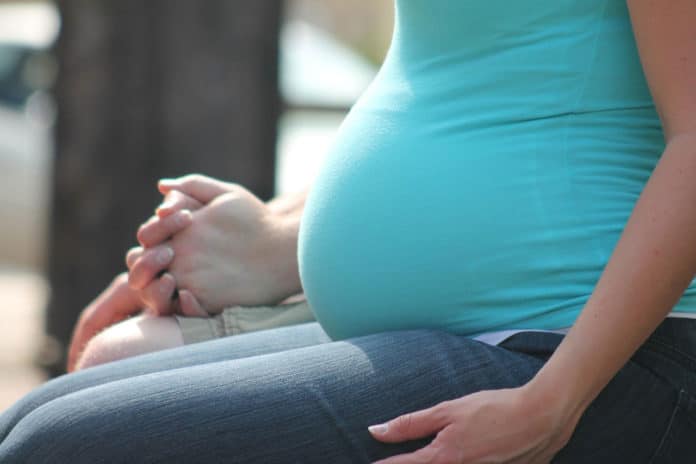Many women experience morning sickness (nausea) during pregnancy. This condition is known as hyperemesis gravidarum.
Far more serious than ‘normal’ morning sickness, it is one of the most common reasons for hospitalization during pregnancy and can continue right up until birth.
Women are often advised to bed-rest for weeks, suffer dehydration and weight loss, and are often unable to work or care for other children they have.
The condition’s psychological effect isn’t paid attention to enough by both healthcare professionals and the wider public.
Nearly half of women with HG suffered antenatal depression, and almost 30 percent had postnatal depression, suggests a new study by the Imperial College London and Imperial College Healthcare NHS Trust. In women without the condition, just six percent experienced antenatal depression, and seven percent suffered postnatal depression.
Pregnant women at ≤12 completed weeks gestation recruited consecutively over 2 years. Women with HG were recruited at the admission; controls were recruited from a low-risk antenatal clinic. 106 women were recruited to the case group and 108 to the control. Response rates at antenatal data collection were 87% and 85% in the case and control groups.
The women were assessed for their psychological wellbeing in the first trimester of pregnancy and six weeks after birth.
Of the women with HG, 49 percent experienced depression during pregnancy than just six percent in the control group. Just seven percent of the control group had postnatal depression, compared to 29 percent in the HG group. Half of the women with HG were forced to take four or more weeks off work during or after pregnancy.
However, the study did not discover any association between HG and maternal-infant bonding, other research has shown that depression can have a negative effect on this bond.
Dr. Mitchell-Jones shared er experience, “I was in and out of the hospital, spent nearly six months in bed – but I was lucky enough to have a supportive employer and family.”
“Many women can’t afford that amount of time off work or are stay-at-home mums with young children to care for. Too often, their partners, relatives, or work colleagues do not provide the support they need because they fail to understand the severity of what these women are going through. We need to educate them, as well as healthcare professionals.”
Dr. Mitchell-Jones hopes that her findings can improve understanding of HG and change clinical guidelines on how women with the condition are treated, including a psychological screening and referral to specialist mental health where required.
Journal Reference:
- Mitchell-Jones N, Lawson K, Bobdiwala S, et al. Association between hyperemesis gravidarum and psychological symptoms, psychosocial outcomes, and infant bonding: a two-point prospective case-control multicentre survey study in an inner-city setting. BMW Open 2020;10:e039715. DOI: 10.1136/bmjopen-2020-039715
